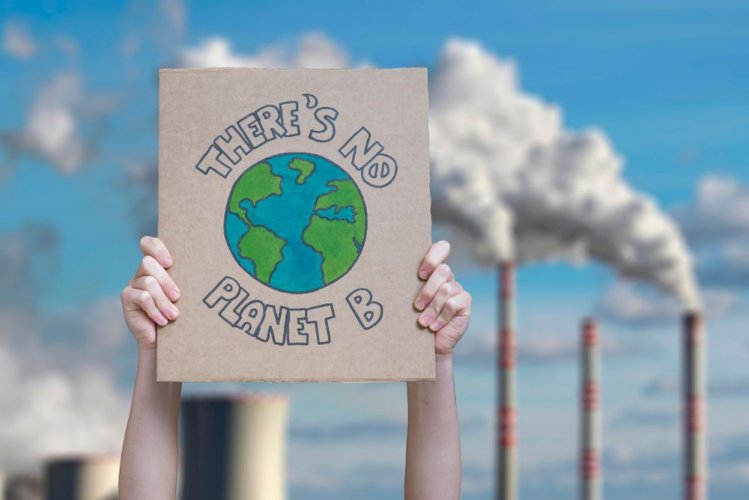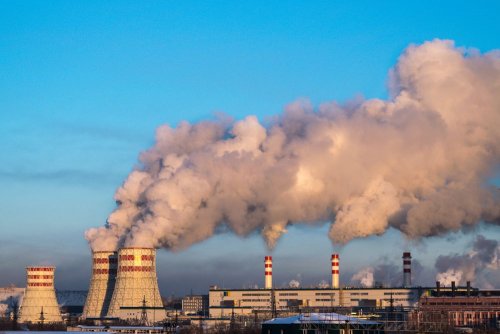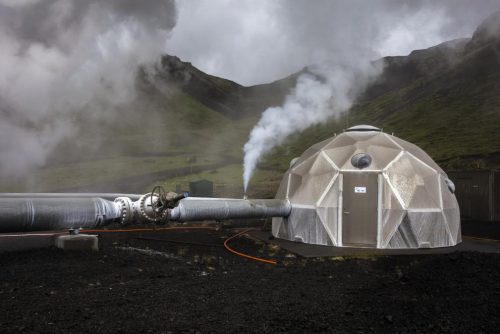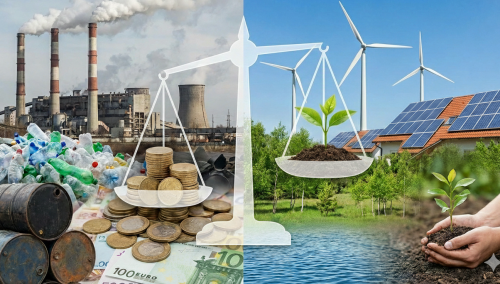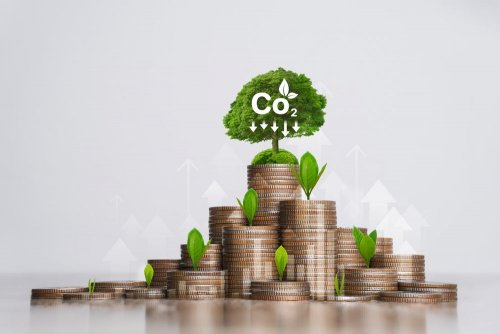Research by the independent analytical center InfluenceMap showed that the 5 largest oil and gas companies exaggerate their environmental contributions in public communications and continue to channel most of their investments into oil and gas projects.
Experts analyzed more than 3,400 public announcements from BP, Chevron, ExxonMobil, Shell and TotalEnergies in 2021, reports EURACTIV.
They found a significant gap between communication strategies and business plans, as companies continue to delay the decarbonisation needed to avoid the worst effects of climate change.
About 60% of all messages contained at least one green statement, such as emission reduction targets, moving towards an energy balance or promoting fossil gas as part of clean energy. However, this contrasts with the G5's planned capital spending for 2022 – only 12% of new investment is for low-carbon activities.
Faye Holder, co-author of the report and head of the program, said that the gap between claims and actual investment misleads the public about the role of companies in the fight against climate change.
The InfluenceMap analysis found that Shell had the biggest gap between its green talk and actual low-carbon investments. Thus, in 2021, 70% of Shell's communications contained at least one environmental statement, compared to only 10% of planned investments in low-carbon activities in 2022.
A Shell spokesman said the company is already investing billions of dollars in low-carbon energy.
Also, 62% of TotalEnergies' announcements mentioned environmental activities, while the company planned to direct 25% of capital spending in 2022 to low-carbon projects.
TotalEnergies emphasized that 30% of the company's investments are aimed at decarbonized energy.
An ExxonMobil spokesman said the company is continuing to reduce emissions from its operations and has achieved its 2025 emissions reduction plans four years ahead of schedule.
BP and Chevron did not respond to requests for comment.
In 2021, five corporations spent $750 million on climate-related messaging.
The report's co-author, Ed Collins, said it was good business for big companies because it was significantly cheaper than decarbonizing their business models and would encourage governments to continue subsidizing their products.
The article noted that some of the analyzed companies plan to increase oil and gas production by 2026, and according to analysts, their emissions will significantly exceed the net-zero path recommended by the International Energy Agency.
Gwendolyn Delbos-Corfield, a member of the European Parliament for the Greens, said that this analysis proves that the companies investigated are engaged in climate disinformation.
As EcoPolitic reported before, the Kayrros study found that despite the Global Promise to reduce methane emissions, they grow faster, than the recovery of oil, gas and coal production after the abatement of the COVID-19 pandemic.

